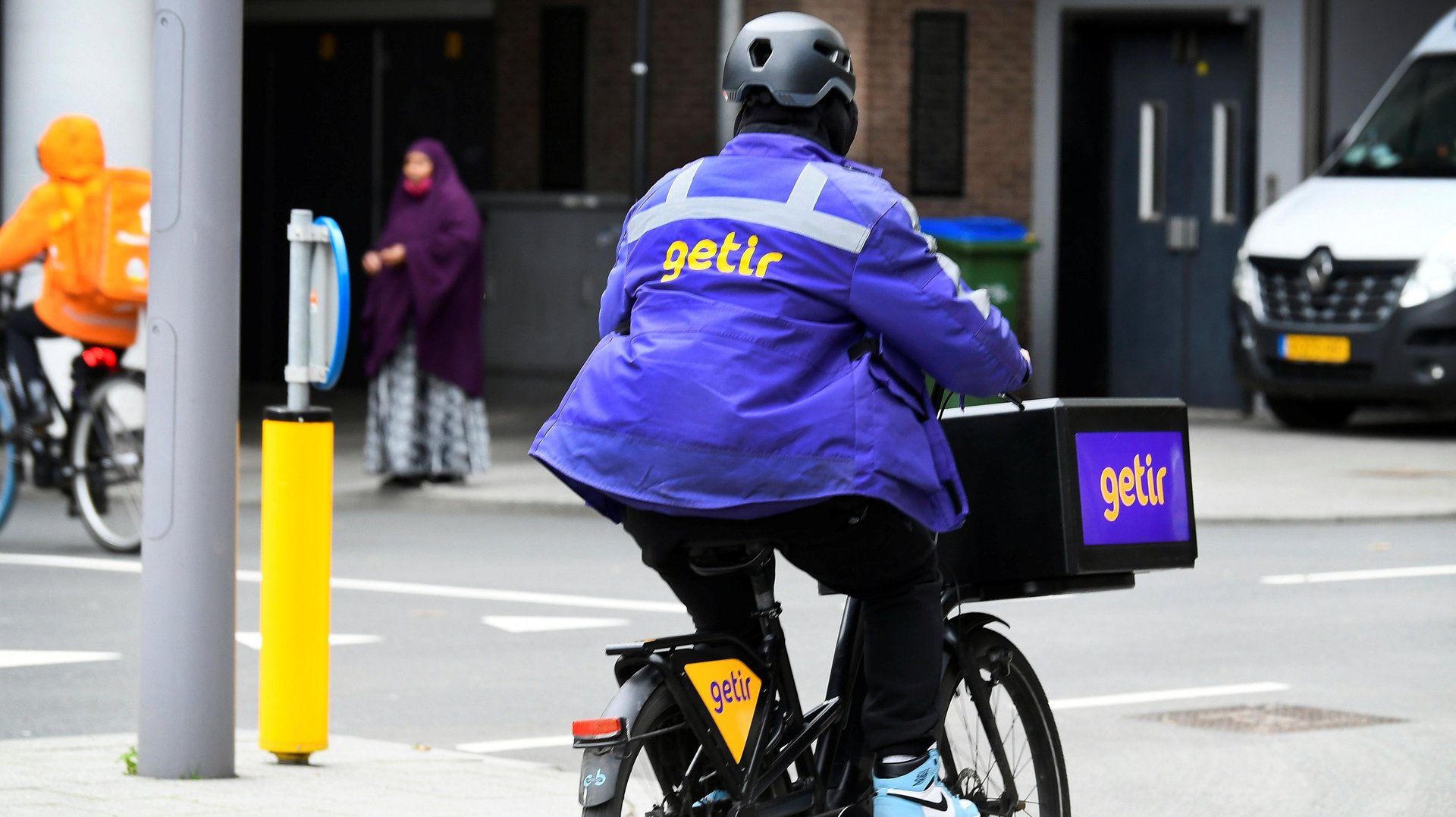Getir devoured Gorillas as the instant food-delivery business keeps consolidating
The deal comes as many ultra-fast delivery companies remain unprofitable

Consolidation in the ultra-fast delivery market continues, as Getir is set to acquire its rival Gorillas for $1.2 billion, the Financial Times reports. The companies, worth a reported $10 billion combined, did not disclose whether the deal was all-equity, all-cash, or a combination of both.
Several of Gorillas’ investors—which includes Delivery Hero, Coatue Management, Tencent, and DST—will be paid a combined $40 million in cash, in addition to receiving equity in Getir, the publication reports.
Getir slashed its valuation from $11.8 billion to $8.8 billion in March. Given the drop in valuation, some Gorillas backers will be left with little or no return on their investment. Job cuts are expected due to the companies’ overlap in their networks of “dark stores,”—essentially fulfillment centers—in cities such as London, Paris, Amsterdam, and Berlin.
Kağan Sümer, the CEO who co-founded Gorillas in 2020, is expected to leave the company after the acquisition is finalized, the Financial Times reports.
In a highly saturated, low-margin market where most ultra-fast delivery companies have yet to break even, analysts have long said consolidation offers a path to profitability.
How 15-minute delivery ballooned into a $4 billion market
In 2020 and 2021, as more people leaned on delivery during the pandemic, dozens of ultra-fast delivery companies launched in major cities with the idea of making delivery even more convenient—by pledging to deliver food in about 15 minutes.
The ultra-fast delivery market raised nearly $4 billion from venture capitalists in 2021, up from half a billion the year before, according to data from market research firm PitchBook.
The quick-commerce companies doled out massive discounts to prop up delivery orders. For instance, Getir discounted more than 80% of its orders in countries like Germany and France in April, which highlighted the challenges of convincing consumers to pay the full price for a 15-minute delivery. But this model can work for some time when VC funding is plentiful and markets are stable.
The underlying business model, though, makes it hard to reach profitability. Margins are thin, as revenue is split between the food delivery company, the delivery person, and the restaurant or retailer. It’s even harder for faster delivery, as it often requires hiring workers as employees with benefits since the work is riskier than typical food delivery. Infrastructure is costly, too, since fulfillment centers need be near customers’ homes, often in expensive urban areas.
What will consolidation mean for the ultra-fast delivery market?
With Getir’s acquisition of its rival Gorillas, the market has shrunk yet again. New York-based 15-minute delivery companies Buyk and Fridge No More shut down earlier this year. Meanwhile, ultra-fast delivery companies have been on a buying spree. Earlier this year, Gorillas agreed to acquire French delivery startup Fritchi. In 2021, GoPuff bought UK-based delivery startups Dija and Fancy, and Getir agreed to acquire British rival Weezy. Only a few large competitors remain, including US-based GoPuff and Germany-based Flink.
As the remaining delivery companies absorb their rivals, that means increased market power, which can be leveraged to command higher fees from both businesses and customers.
Even with the consolidation, there’s still a question of whether people will want to pay a premium for this service, especially during a time of high inflation.